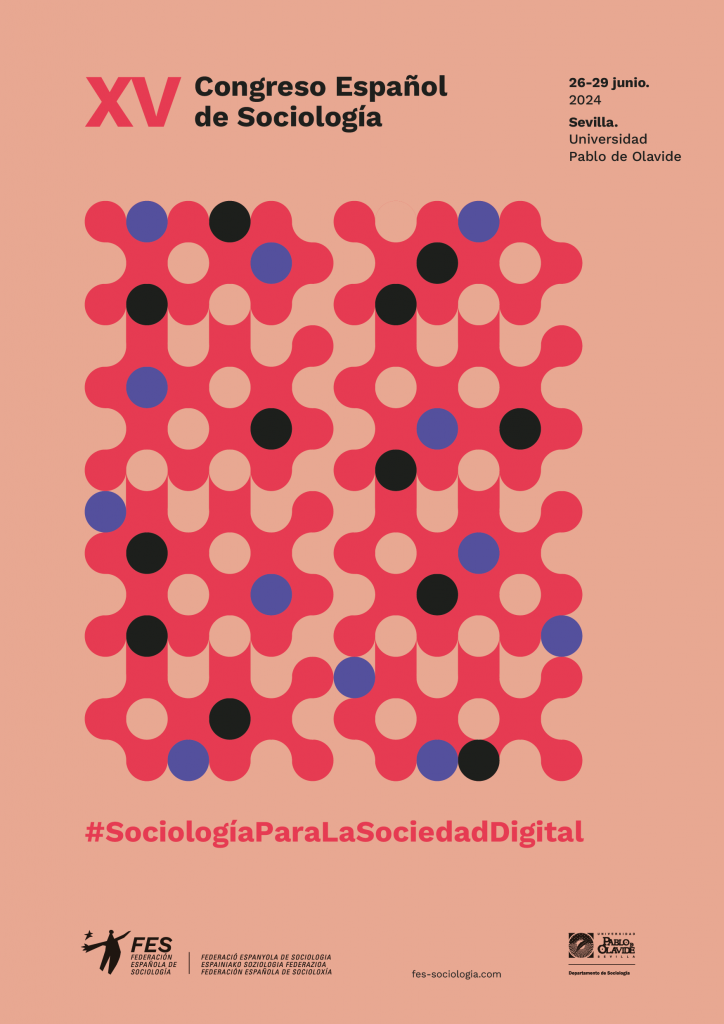Renewable energy communities are a new model of decentralized energy production that has been growing in Europe as part of climate change mitigation strategies and transition to more sustainable energy systems (Dóci et al. 2015, Lode et al. 2022). Driven first by European policy and then by the transposition of legislation at the national level in individual countries, they are considered “an efficient way of managing energy at the community level, consuming the electricity they produce directly for power or for heating and cooling, with or without connection to distribution systems” (Directive COM(2016)864).
In general terms, based on the case studies, we can say that energy communities in both the Iberian Peninsula countries face similar challenges: late and poorly regulated policy measures, financing problems, technical difficulties, low citizen participation and dependence on charismatic leaderships. In many cases, the intervention of external agents is necessary for the constitution and functioning of the communities: scientists, municipal authorities, companies, cooperatives.
In depopulated and vulnerable rural environments, energy communities can be a catalyst for revitalizing the social and economic fabric of these regions, contributing to more sustainable rural development. They are based on existing communities and also promote social and cultural projects. However, there are two aspects that partially hinder the social potential of these communities in rural environments: (i) the foreign character and expert knowledge that sometimes characterizes the collectives that initiate and energize energy community projects; and (ii) excessive control and dependence, at least initially, on these energizing groups in the management of energy communities.
In urban environments, particularly in neighborhoods with socio-habitational vulnerability such as Torreblanca and Asprela, the aforementioned dependence on top-down intervention is even more evident. Neighbors have few opportunities for participation in decision making. Energy communities can help to reduce energy poverty, but the democratization of energy and the governance of its management is still a long way off.
A common element in these projects is, unexpectedly, the involvement of educational communities. It may be in future generations that the impact of the community-based energy transition will be most visible.
It is also important to highlight the role of women in the development of energy communities. An opportunity that enhances gender governance processes, turning them into active agents transforming their communities and territories, on the path that leads to inclusion and energy sustainability. In addition, energy communities are a tool to alleviate energy poverty, a situation that affects women to a greater extent.
Delicado, A., Iglesias Pascual, R., del Valle Ramos, C., & Prados Velasco, M.J. (2024, 26-29 de junio). Comunidades energéticas urbanas y rurales en la Península Ibérica [Ponencia]. XV Congreso Español de Sociología, Sevilla, España. Enlace: https://congreso2024.fes-sociologia.com


